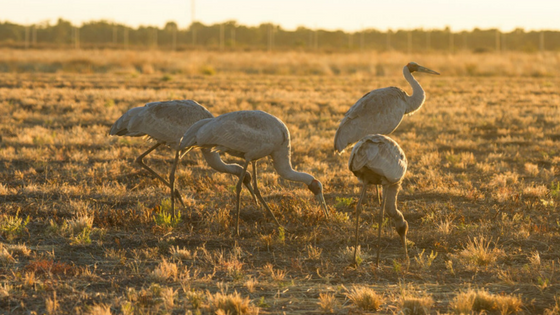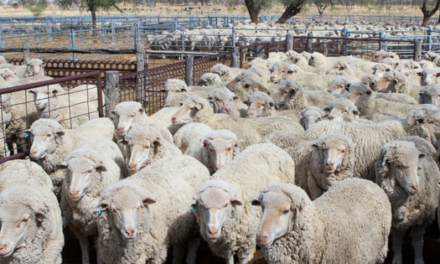For intergenerational family business, and particularly primary production business, clients often have the view that assets should be left to the next generation as a bequest in their will.
This view often arises for some of the following reasons:
- No capital gain will occur at the time of transfer as the beneficiary will receive the cost base of the asset if the asset is not sold;
- A wish to protect valuable property from the possibility of divorce in the next generation;
- An inability to fund retirement without significantly increasing debt; or
- A desire to treat children ‘equally’ regardless of individual contributions to the success and growth of the business.
Although the above issues and concerns are important, these are things that should be worked through, with appropriate advice sought, during lifetime. Communication and business planning can help reduce the likelihood of long term disputes and, in cases where significant business assets remain in personal names of parents, the distinct possibility of business viability being destroyed by a claim made against estate assets after death.
The following is a case study, based on a real life situation that illustrates the dangers of not dealing with succession of a family business during the life of the older generation.
“Sam had come home to the family farm after university and taken over the role of farm manager. Dad still managed the accounts and supply contracts.
Sam managed the business for 25 years, growing the turnover and net profit fivefold over that period of time. He progressively took over the financial side of the business but Dad retained all the property in his own name, concerned that Sam’s marriage might fail (despite 15 years of marriage and three children). Sam trusted Dad who told Sam that he would get all the business property in his will. Sam’s family’s sole source of income was from the business and Sam had no other qualifications and no desire to leave the farm.
Dad dies suddenly and without warning from a heart attack. As the primary production land, worth in excess of $15 million, was in Dad’s name it formed part of the assets of Dad’s estate. The land was left to Sam in Dad’s will.
Sam had three siblings. One was divorced, one had mental health issues and the third was happily married and financially comfortable.
All three siblings challenged Dad’s estate. To complicate matters a badly drafted clause in the will made it unclear how the business debt was to be dealt with.
By the time the matter proceeded to trial, with five solicitors (one for each child and one for the estate), five barristers, three valuers and two forensic accountants, the costs exceeded $3 million.
Sam successfully received a higher portion of the estate than his siblings given his years contributing to the growth of Dad’s estate but the estate was ordered to pay the costs of all the applicants. Sam no longer had a viable business and had to restart his life at the age of 48.”
This case study is unfortunately not an uncommon one. In many situations the assets are not as high value and there is nothing at all left after the costs of the dispute have been met.
For this and many other reasons it is crucially important that family business succession be considered and addressed during lifetime.
Done properly, with a team of experienced advisers including lawyers, accountants, financial planners and (where communication is an issue) experienced facilitators; the business can be transitioned safely, smoothly and cost effectively. Although the process can be complex it is rare that, if done properly, family relationships are not maintained. After years of litigation and legal costs, the alternative of leaving everything to be dealt with in the will often guarantees that some family members will never speak to each other again.





